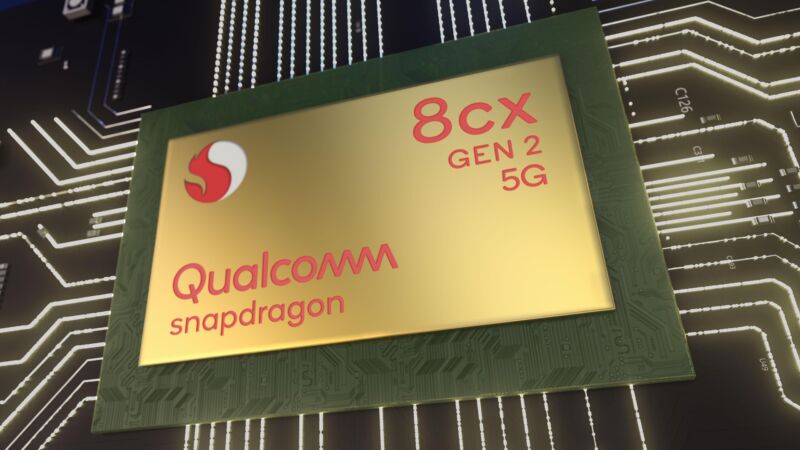
Microsoft has created versions of Windows 10 and Windows 11 that run on ARM chips, but to date, the company has not been interested in selling Windows on ARM licenses to anyone other than PC builders. The ARM versions of Windows can run on things like the Raspberry Pi or in virtualization apps running on Apple Silicon Macs, but Microsoft doesn't officially support doing it, and the company has never elaborated as to why.
One possible explanation comes from a report on XDA Developers, which claims that an exclusivity deal with Qualcomm keeps Microsoft from making the ARM versions of Windows more generally available. According to "people familiar with it," that exclusivity deal is currently "holding back other chip vendors from competing in the space." The Qualcomm deal is also said to be ending "soon," though the report isn't more specific about how soon "soon" is.
This allegation comes a few weeks after Rick Tsai, CEO of ARM chipmaker MediaTek, said on a company earnings call that MediaTek "certainly intend[s]" to run Windows on its chips. Qualcomm, MediaTek, Rockchip, and others are all shipping ARM chips for Chromebooks, in addition to the chips they all provide for Android devices.
Whether this Qualcomm deal exists or not, it is a fact that Microsoft announced the availability of Windows on ARM with Qualcomm's cooperation back in 2016, and since the first modern ARM Windows systems shipped back in late 2017, they've been powered exclusively by Qualcomm chips. This includes the Surface Pro X's Microsoft SQ1 and SQ2, which are Microsoft-branded but were "developed in partnership with Qualcomm." An exclusivity deal could be mutually beneficial at first—Qualcomm gets all the design wins for Windows on ARM systems for a few years, and Microsoft gets another chance to build an ecosystem for an ARM version of Windows after a few false starts. But over time, it could also limit the variety of Windows-on-ARM systems or hold back performance through lack of competition.
If Microsoft allows Windows to run on other ARM processors, it could open the door to a virtualized version of Windows on Apple Silicon Macs. The performance penalty for running x86 apps in the ARM versions of Windows would be much less noticeable on Apple systems, because the M1-series chips so thoroughly outstrip the performance of anything Qualcomm has to offer right now.
And that's what Windows on ARM needs to really succeed—hardware that can do for Windows PCs what the M1 chips have done for Macs. It was a smart bet for Microsoft to build a version of Windows that could run on ARM chips without giving up the app compatibility that keeps so many people tethered to Windows in the first place. But until we can get hardware that can match or beat Intel's and AMD's CPU performance while improving on their energy efficiency, the operating system will remain a technical curiosity. The end of this exclusivity deal with Qualcomm, assuming it exists, opens the door for more chipmakers to try to deliver that speed and efficiency.
reader comments
102